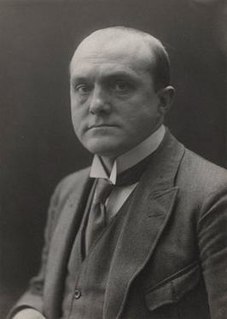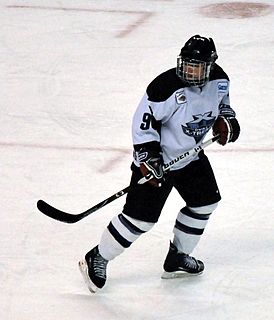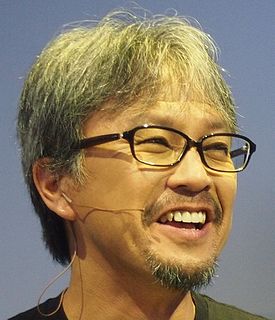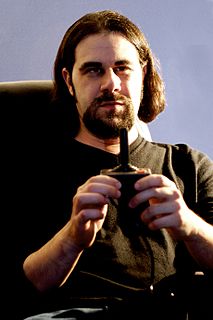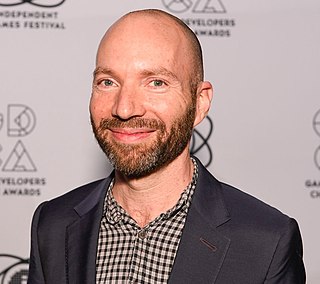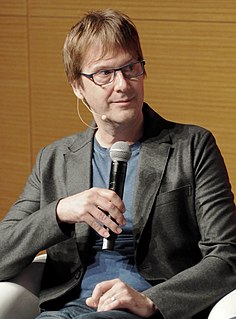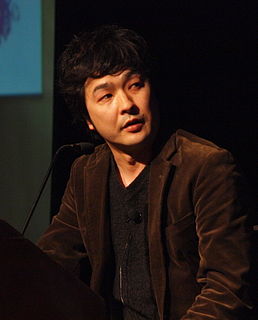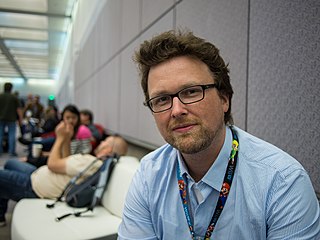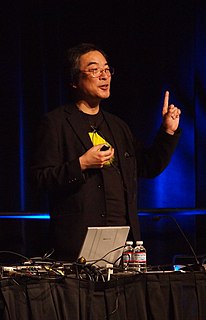A Quote by Satoshi Tajiri
The more I learned about games, the more frustrated I became because the games weren't very good. I could tell a good game from a bad game. My conclusion was: let's make our own games.
Related Quotes
It is, of course, a luxury to create art and, on top of this, to insist on expressing one's own artistic opinion. Nothing is more luxurious than this. It is a game and a good game, at least for me; one of the few games which make life, difficult and depressing as it is sometimes, a little more interesting.
Rules of Play is an exhaustive, clear, cogent, and complete resource for understanding games and game design. Salen and Zimmerman describe an encyclopedia of game design issues, techniques, and attributes. In particular, they analyze the elements that can make a game experience richer, more interesting, more emotional, more meaningful, and, ultimately, more successful. It should be the first stop you make when learning about game design.
It was, like, two mobile games I released. They did pretty well, and after I made those two games, I was like, 'Man, I want to make another game, but I want to make this game for PlayStation and Xbox and PC.' I was like, 'You know what? Forget making the video game for Xbox, PlayStation and PC. How about I make my own console?'
Selling five million units in less than 14 months means DS is the fastest among any game machines ever launched in Japan to hit that level. To achieve this rapid growth, we were required not only to go after frequent game players, but to reel back people who had left games and to make video games enjoyable for those who had not played games at all.
I'll tell them how I survive it. I'll tell them that on bad mornings, it feels impossible to take pleasure in anything because I'm afraid it could be taken away. That's when I make a list in my head of every act of goodness I've seen someone do. It's like a game. Repetitive. Even a little tedious after more than twenty years.
But there are much worse games to play.
All experiments that are related to the games when you have humans versus machines in the games - whether it's chess or "Go" or any other game - machines will prevail not because they can solve the game. Chess is mathematically unsolvable. But at the end of the day, the machine doesn't have to solve the game. The machine has to win the game. And to win the game, it just has to make fewer mistakes than humans. Which is not that difficult since humans are humans and vulnerable, and we don't have the same steady hand as the computer.




